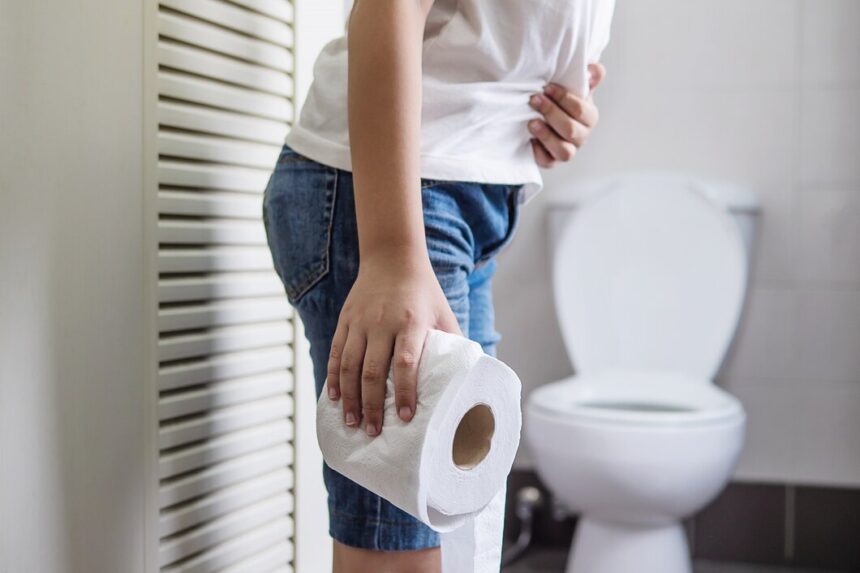Giardiasis, caused by the microscopic parasite Giardia intestinalis, is a common intestinal infection that affects humans worldwide. Understanding its signs and symptoms is crucial for timely diagnosis and effective treatment. Here’s a comprehensive guide to recognizing giardiasis:
What is Giardiasis?
Giardiasis is an infection of the intestines caused by the Giardia parasite. It spreads through the ingestion of contaminated food or water, often in settings where sanitation is inadequate. The parasite typically lives in the intestines of infected humans or animals and is passed through feces.
Common Signs and Symptoms
1. Gastrointestinal Distress:
- Diarrhea: Watery, foul-smelling diarrhea is a hallmark symptom of giardiasis. It may alternate with periods of constipation.
- Abdominal Pain: Cramping and discomfort in the abdomen, often around the navel area, are common.
- Bloating: Some individuals experience bloating and excessive gas.
2. Nausea and Vomiting:
- Many people with giardiasis feel nauseous and may vomit, especially after eating.
3. Fatigue and Weakness:
- Giardiasis can cause fatigue and a general feeling of weakness, which may interfere with daily activities.
4. Weight Loss:
- Unintentional weight loss can occur due to poor nutrient absorption caused by the parasite.
5. Other Symptoms:
- Fever: Low-grade fever may accompany the infection.
- Dehydration: Severe or prolonged diarrhea can lead to dehydration, characterized by dry mouth, dark urine, and decreased urine output.
- Greasy Stools: In some cases, stools may appear greasy or oily due to poor fat absorption.
When to Seek Medical Attention
If you experience persistent diarrhea or other symptoms of giardiasis, especially after traveling to an area with poor sanitation or after consuming untreated water, it’s essential to seek medical attention promptly. Diarrhea lasting more than a few days, dehydration, severe abdominal pain, or signs of infection in infants or elderly individuals warrant immediate medical evaluation.
Diagnosis and Treatment
1. Diagnosis:
- Giardiasis is diagnosed through stool sample analysis to detect the presence of Giardia cysts or antigens.
2. Treatment:
- Antibiotics: The primary treatment for giardiasis involves antibiotics such as metronidazole or tinidazole, which effectively eliminate the parasite.
- Hydration: Ensuring adequate fluid intake is crucial to prevent dehydration, especially during episodes of diarrhea.
3. Prevention:
- Practice good hygiene, including frequent handwashing with soap and water, especially before eating or preparing food.
- Avoid drinking untreated water from lakes, streams, or wells in areas where giardiasis is prevalent.
- Boil or filter water if you are unsure of its safety.
Giardiasis can cause significant discomfort and disrupt daily life, but timely diagnosis and appropriate treatment can lead to a swift recovery. Recognizing the signs and symptoms, seeking medical care when necessary, and taking preventive measures are key to managing and preventing giardiasis. If you suspect you or someone you know may have giardiasis, consult a healthcare professional for proper evaluation and treatment.










